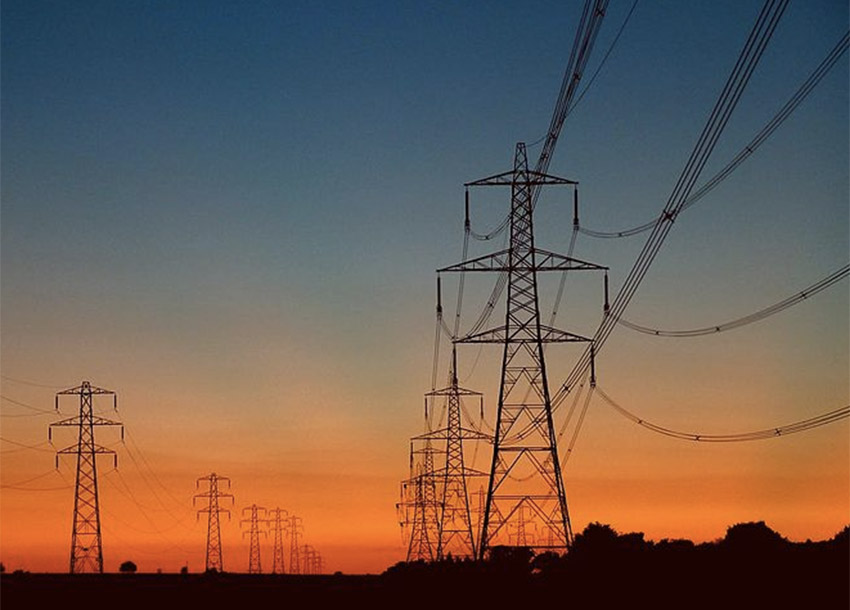
State power utility Electricity Supply Corporation of Malawi (Escom) has turned to commercial banks to finance the K55 billion deficit it faces after Treasury rejected its bailout request.
Escom chief executive officer Allexon Chiwaya told the Budget and Finance Committee of Parliament in Lilongwe yesterday that Escom expects to get K30 billion from commercial banks and is banking on a proposed tariff increase the Malawi Energy Regulatory Authority (Mera) is yet to approve to raise the remaining K25 billion.
He said the K30 billion from commercial banks will be repaid over five years at the rate of K800 million per month. He said the repayment schedule was affordable.
Basic calculations show that at the rate of K800 million per month, over a period of five years or 60 months, Escom will have paid the banks an equivalent of K48 billion.
During the meeting, it was also disclosed that at the end of the financial year on June 30 2018, Escom made an K8 billion loss after making a K6 billion profit in the 2016/17 fiscal year.
Escom has attributed the loss of billions of kwacha to the unbundling of the parastatal in 2017 to form Electricity Generation Company (Egenco) as an independent power producer. The unbundling meant that Escom entered into a power purchasing agreement with Egenco at tariffs which Mera approved.
In his brief, Chiwaya said Escom was not able to pass on the cost of tariff increase by Egenco to customers.
However, he largely conceded that misprocurement played a role in the K55 billion deficit as the anticipated growth of the sector was not realised.
Said Chiwaya: “But we believe that if we could get the K55 billion, we could start investing in the sector. We are going to the open market, commercial banks, where we plan to source about K30 billion while the remaining balance will be covered through the cost reflective tariff.”
He also admitted that the running of diesel-powered generators to add power to the national grid was not sustainable and that the project should not be allowed to extend beyond the two-year contract period.
To resolve problems of misprocurement which incurred a bill of K23 billion in the 2016/17 financial year according to the Auditor General’s report, Chiwaya said Escom has since quantified its requirements and will be going into periodic contract frameworks to avoid procuring goods it does not need from suppliers forced on it by external pressure.
Committee vice-chairperson John Chikalimba said the engagement with Escom was necessary to understand the financial position the institution is in that prompted a bailout request.
The vice-chairperson and other committee members pressed Escom not to push the cost of its mismanagement to consumers.
As of July, Escom owed Egenco about K28 billion. The power supplier also owed Mera K2.7 billion and various suppliers , local and international, K40 billion.
